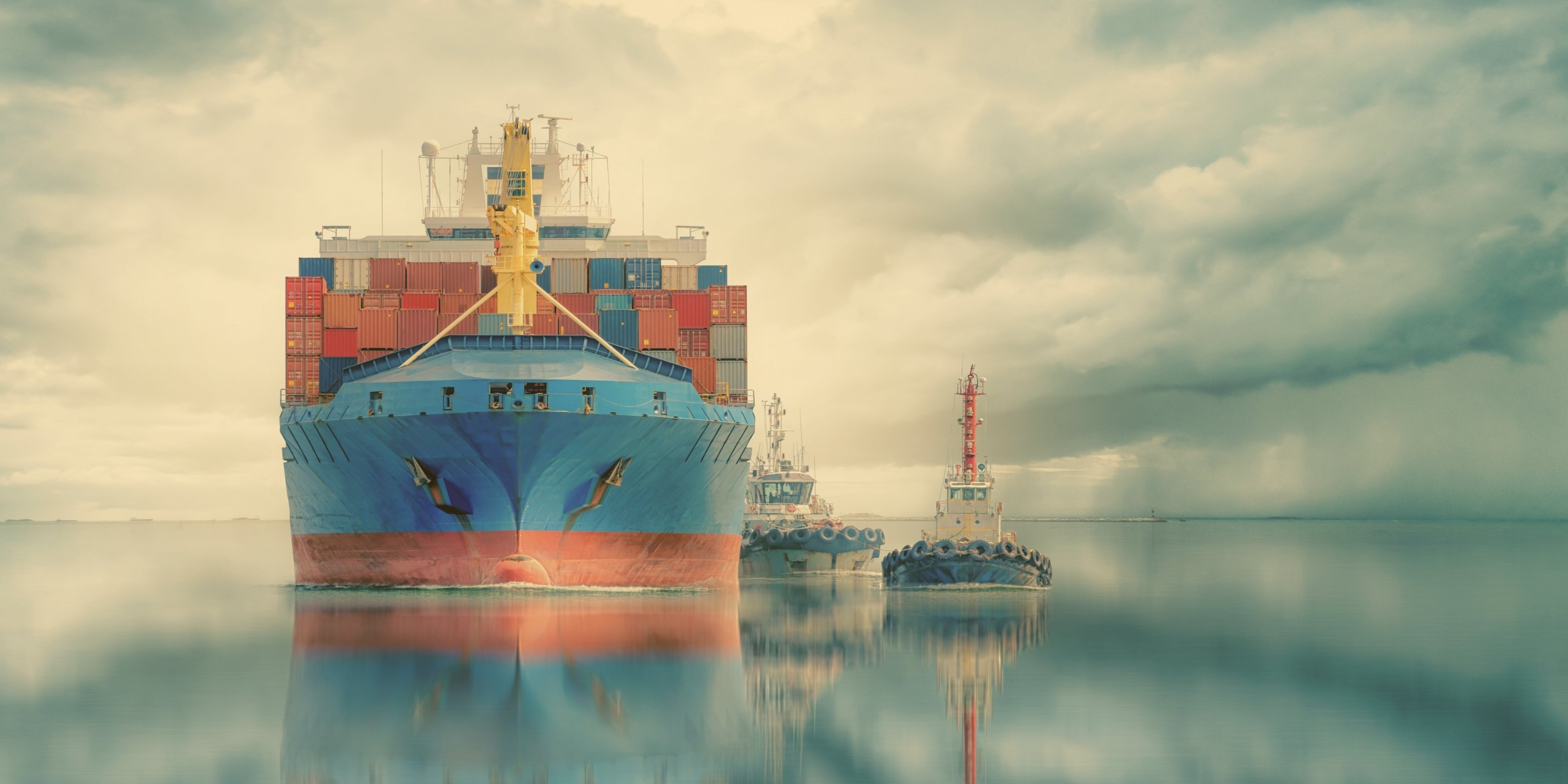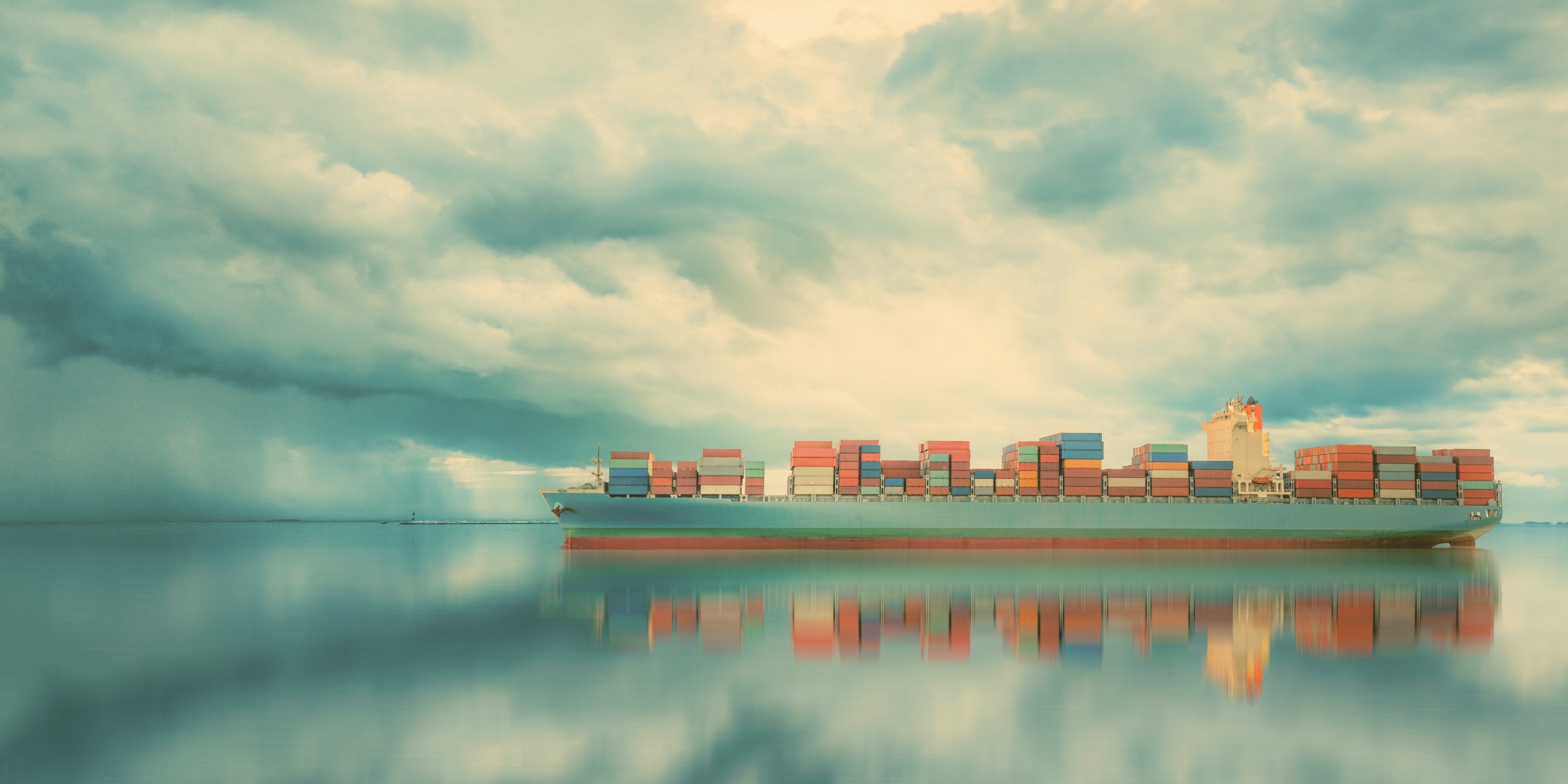We break down the complexities of the logistics industry. Understand the ins and outs of moving goods and master the principles, processes, and practices of shipping.
Why short shipments happen and strategies to keep quantity discrepancies under control

Short shipments are not always preventable, but they are often manageable. A timely response and a few improvements to your processes can reduce disruption and repeat issues.
Understanding the Cargo Control Number (CCN)

Understanding the role of the cargo control number in the shipping and release process helps you anticipate potential issues before they turn into delays.
What is the place of direct shipment (PODS)?

The place of direct shipment establishes where a shipment’s continuous journey to Canada begins and is a key factor in how you assess value for duty.
How the Pre-Arrival Review System (PARS) speeds up freight release

PARS allows CBSA to review highway shipment information before goods arrive. This makes freight release faster and more predictable and helps you avoid unnecessary delays and costs.
How to protect your shipments from cargo rollover

Some cargo rollover causes are avoidable. By keeping your timelines tight and documentation accurate, you can reduce the risk of your cargo being delayed.
4 steps to ensure compliance when shipping dangerous goods

Shipping dangerous goods requires accurate classification, compliant packaging and labelling, proper documentation, and well-trained people.
The differences between intermodal freight and multimodal freight

While intermodal freight works well for businesses that want full control over their supply chain, multimodal freight is ideal for those who prefer a simplified shipping experience, with a single contract and a single point of contact.
What you need to know about roll-on/roll-off (RoRo) shipping

RoRo shipping streamlines the transportation of vehicles and oversized cargo by allowing items to be driven directly onto the vessel. This reduces port handling times and minimizes the risk of damage from lifting.
Understanding cargo insurance for international shipping

Cargo insurance transfers the financial risk from your business to an insurer, protecting your investment from unexpected events.
Understanding transshipment in global shipping

While it lowers shipping costs, transshipment may affect delivery times and introduce risks.
